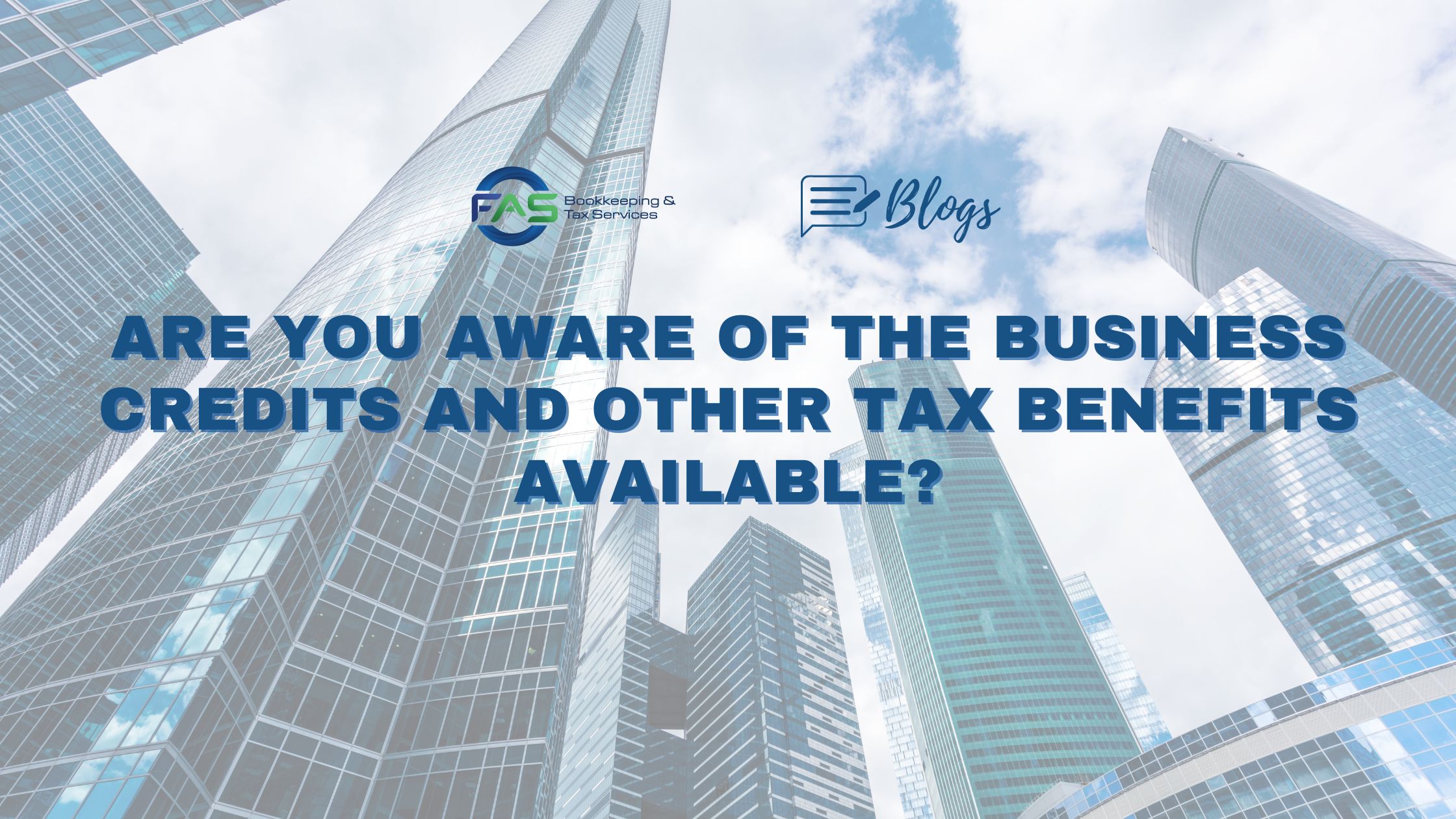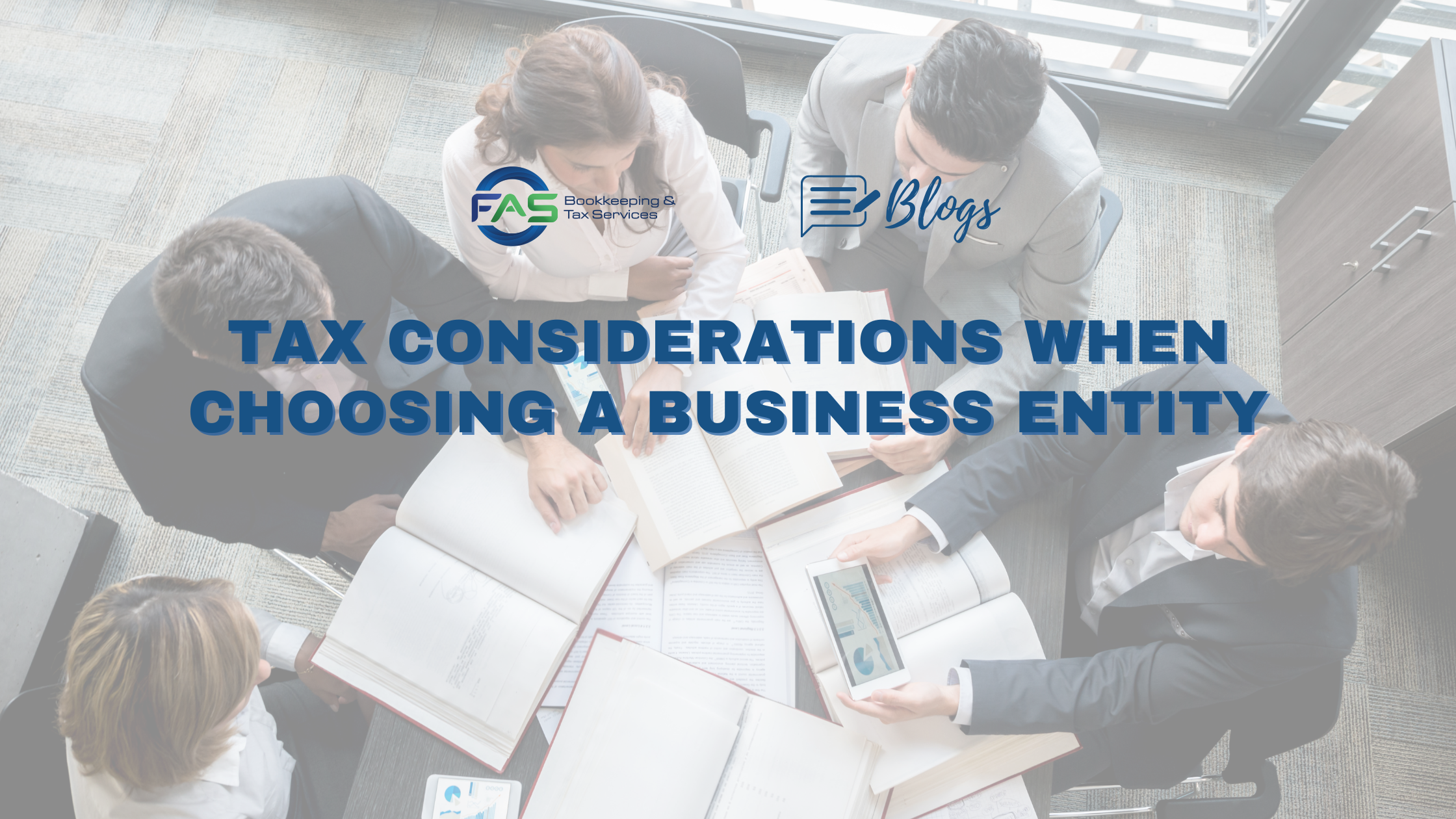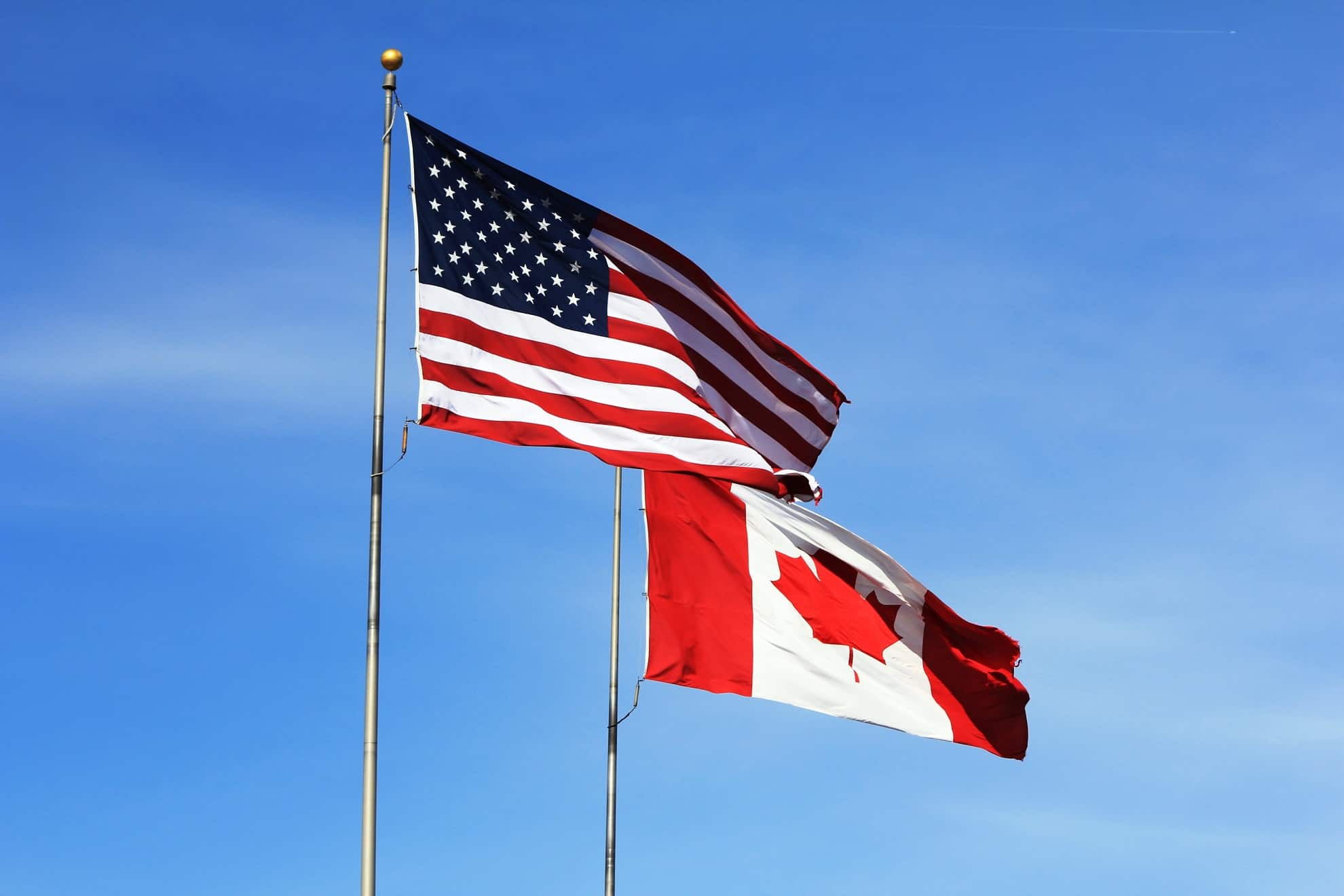Frequently Asked Questions of US Citizen Living/Working in Canada
-
Do I still have to file and pay US taxes?
If you are still a US Citizen, YES.
The US have citizenship-based taxation system which means that if you are an American citizen, no matter where you are, you must file US tax returns and pay taxes. Even If you are living abroad, the same tax rules apply to you regarding income taxation as the people living in the US.
-
What are my Canadian tax obligations?
Your Canadian tax obligation is based on your residency status in Canada.
The CRA provides guidance so you can determine what your current residency status is and from there, you can see the list of your tax obligations. It will depend on whether you live in Canada permanently or temporarily and your significant residential ties in Canada.
-
What are the common tax forms I need to prepare and file for my US taxes while living in Canada?
Here are some of the common forms to be filed:
- Form 1040, U.S. Individual Income Tax Return, and its related schedules.
- Form 2555, Foreign Earned Income Exclusion.
- Form 1116, Foreign Tax Credit.
- Form 8938, Specified Foreign Financial Assets.
- Form 8621, Passive Foreign Investment Corporations (reports interest in Canadian mutual funds).
- Form 8833, Treaty Based Position Disclosure (for various Canada–U.S. Income Tax Treaty elections that may be required in your U.S tax return)
- FinCen Report 114, Report of Foreign Bank and Financial Accounts (previously Form TDF 90-22.1)
Depending on other factors such as foreign trusts or foreign gifts, you may need to file additional forms. Make sure you work with a professional cross border tax specialist so you won’t miss a form to be filed.
-
Do I need to report my non-US bank accounts on my US tax return?
Every year, under the law known as the Bank Secrecy Act, you must report certain foreign financial accounts, such as bank accounts, brokerage accounts and mutual funds, to the Treasury Department and keep certain records of those accounts. You report the accounts by filing a Report of Foreign Bank and Financial Accounts (FBAR) on FinCEN Form 114.
A United States person, including a citizen, resident, corporation, partnership, limited liability company, trust and estate, must file an FBAR to report:
– a financial interest in or signature or other authority over at least one financial account located outside the United States if;
– The aggregate value of those foreign financial accounts exceeded $10,000 at any time during the calendar year reported.
-
I have a rental property in Canada. Do I need to report this on my US tax return?
If you rent out a foreign property, you need to report it just like you would with a US rental. Foreign rental expenses need to be reported in USD. You also need to know how many days you either rented out your property or lived in it to figure out the tax treatment.
Frequently Asked Questions of Canadian Citizen Living/Working in US
-
Do I have to file and pay CA taxes?
Canadian tax obligation is based on your residency status in Canada.
The CRA provides guidance so you can determine what your current residency status is and from there, you can see the list of your tax obligations. It will depend on whether you live in or leave from Canada permanently or temporarily and your significant residential ties in Canada.
-
What are my US tax obligations?
The first step you need to do to know your US tax obligation is to determine your Alien Tax Status.
If you are not a U.S. citizen, you are considered as a nonresident alien unless you meet one of two tests: the green card test or the substantial presence test for the calendar year (January 1 – December 31).
If you meet either test, you are considered a U.S. resident alien and are generally taxed in the same way as U.S. citizens. If you do not meet either the Green Card Test or the Substantial Presence Test, then you are a nonresident alien which are generally subject to U.S. income tax only on their U.S. source income.
-
I have a rental property in the US. Do I need to report this on my Canadian tax return?
As a Canadian resident, you are subject to tax on your worldwide income regardless of where it is earned. This means your U.S. rental income should be reported on your Canadian income tax return.
Also, if the total cost of your non-Canadian assets is more than $100,000 in the year, you may have to complete and file Form T1135, Foreign Income Verification Statement.
Need help with your US and Canada Cross-Border Taxes? Contact FAS Bookkeeping and Tax Services today at admin@fas-accountingsolutions.com or at 713-855-8035!




